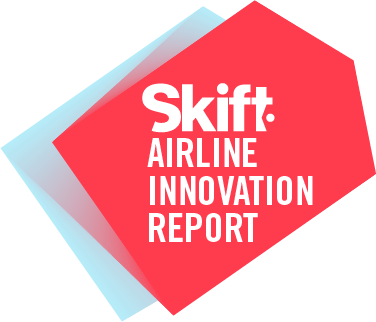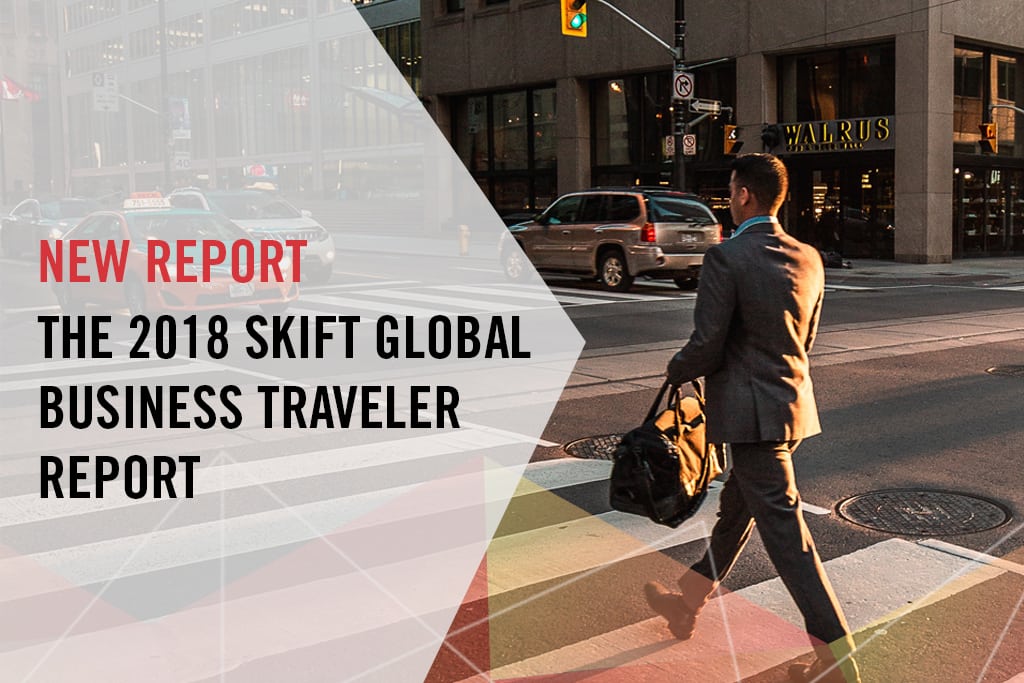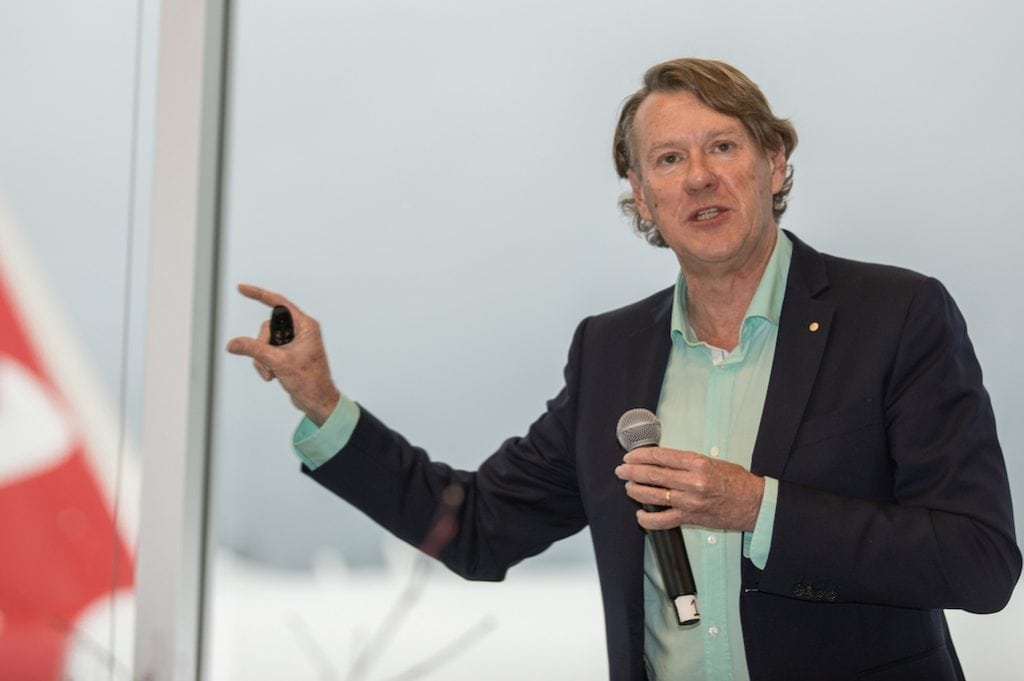A skeptic might call Qantas' partnership with the University of Sydney — the two entities work together to study the effects of jet lag on the body — a marketing ploy to increase ticket sales between Perth and London.
Qantas probably needs help. Ultra-long-haul trips are tricky — ask United Airlines, which is canceling Los Angeles to Singapore after just one year — because they burn so much fuel. And while the first nonstop between Australia and Europe is significant, demand between Perth and London probably is not robust. Many passengers likely are traveling to or from Sydney and Melbourne, and they have a slew of one-stop options through Dubai, Hong Kong, and Singapore.
For the route to work, Qantas must persuade passengers they'd rather fly 17 hours from Perth than break the journey into more manageable chunks. As part of that effort, Qantas is working with university researchers to determine how travelers can overcome jet lag.
The researchers have made suggestions on how Qantas can alter the Perth-London experience to make passengers feel better. The airline has changed some meal times to help travelers acclimate to their destination, while adding ingredients to food that should make it easier for passengers to sleep. Qantas is also changing cabin lighting based on the time of day at the destination. Eventually, researchers plan to put sensors on some passengers to gauge how they handle the flight.
Last week, I profiled Steve Simpson, the quirky academic leading the program. If you're looking for jet lag remedies, you may enjoy the piece.








